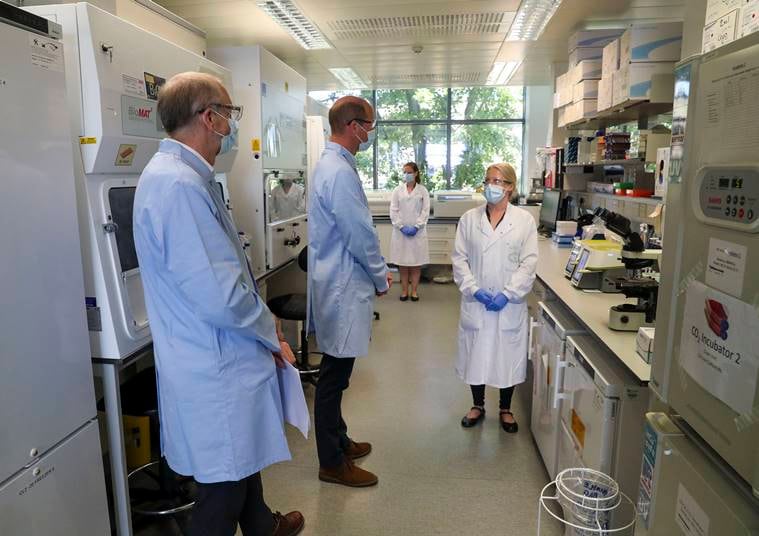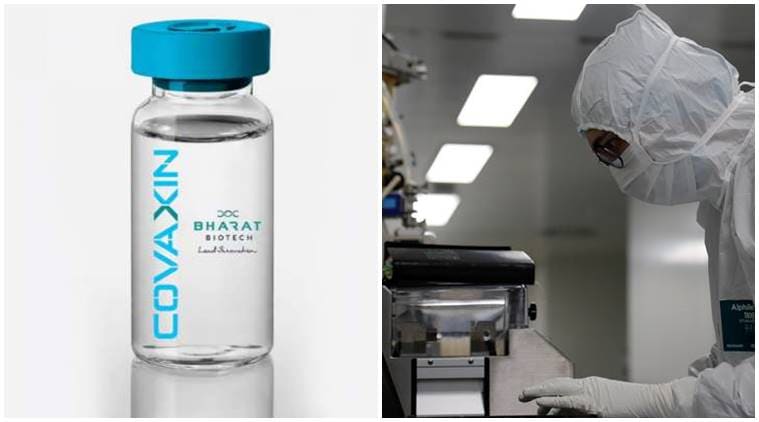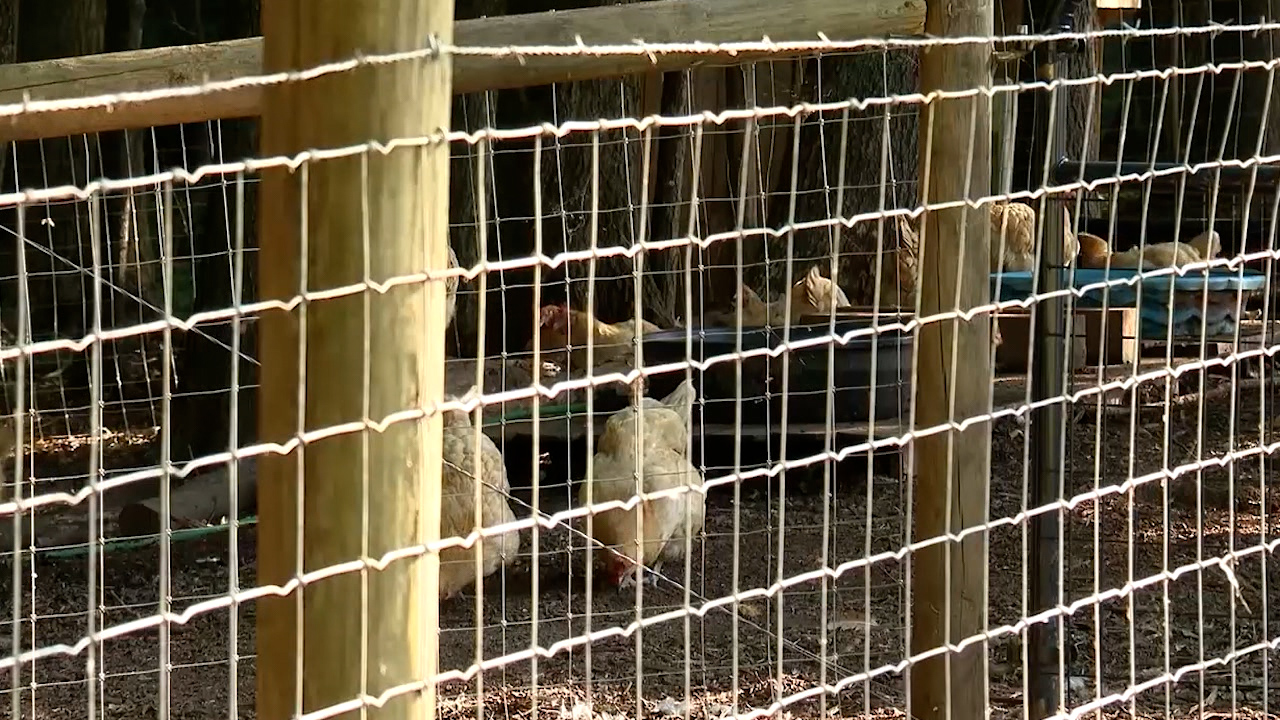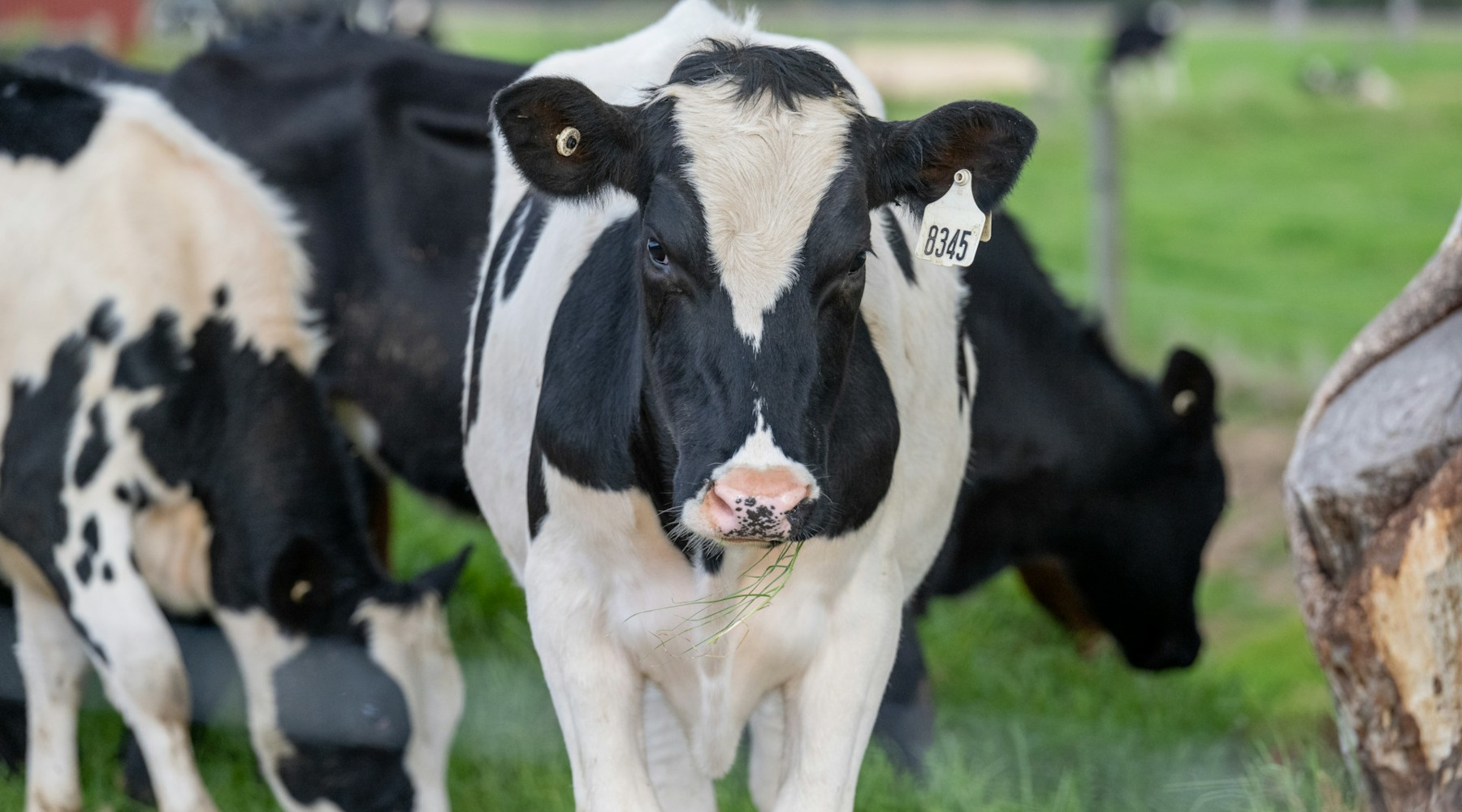Health
Coronavirus (Covid-19) vaccines latest updates

|
|
Updated: July 8, 2020 7:48:00 am
Coronavirus (Covid-19) Vaccine Latest Update: A volunteer receives a COVID-19 test vaccine injection developed at the University of Oxford in Britain, at the Chris Hani Baragwanath hospital in Soweto, Johannesburg. (AP)
Coronavirus (Covid-19) Vaccine Latest Update: China’s Sinovac Biotech has become the latest company to start Phase III trials of its coronavirus vaccine candidate in Brazil following a fast-track approval by regulators last week.
So far, the vaccine candidates being developed by AstraZeneca-University of Oxford and China National Pharmaceutical Group (Sinopharm) are the only other jabs in late-stage trials. Moderna also plans to start its late-stage trial this month.
According to the World Health Organisation (WHO), there are 19 vaccine candidates currently in the clinical evaluation as of July 6. India’s own vaccine development efforts has gained pace, with Bharat Biotech planning to complete enrollment of Phase I trial participants by July 13 for its candidate Covaxin.
However, amid the race for a Covid-19 vaccine, top US infectious disease expert Anthony Fauci has cautioned that a shot to protect against the infection won’t work like the measles vaccine, which lasts throughout a person’s lifetime.
“You can assume that we’ll get protection at least to take us through this cycle. We may need a boost to continue the protection, but right now we don’t know how long it lasts,” Bloomberg quoted Fauci as saying.
![]()
![]()
![]()
![]()
Coronavirus (Covid-19) vaccine latest updates, status check
💉 Sinovac Biotech coronavirus vaccine status
Nearly five months after it initiated the development of a vaccine candidate, China’s Sinovac Biotech has started Phase III trials in Brazil. Sinovac will dose nearly 9,000 healthcare professionals working in Covid-19 specialised facilities, Reuters reported.
The study will be done in partnership with Brazilian vaccine producer the Instituto Butantan. Simultaneously, Sinovac is also preparing a coronavirus vaccine plant, which it hopes will be ready this year and capable of making up to 100 million shots a year.
Phase I and Phase II trials typically test the safety of a drug before it enters Phase III trials that test its efficacy.


💉 Moderna coronavirus vaccine status
Moderna Inc, which was supposed to start phase III trials of its experimental mRNA-1273 Covid-19 vaccine on July 9, has delayed it for an indefinite period of time, a news report said.
The trial, part of the US government’s Operation Warp Speed, will involve 30,000 patients. In its June update, Moderna said the primary objective of the trial was to assess the ability of the vaccine to prevent symptomatic Covid-19 disease.
A report by STAT News said Moderna was making changes to the trial’s protocol, which has pushed back the expected start date. However, CEO Stephane Bancel told CNBC the drugmaker still intended to start the trial in July.


💉 Bharat Biotech-ICMR Covaxin status
Covaxin, which has been cleared for Phase-I and Phase-II trials by the Drug Controller General of India, will be tested on more than 1,000 people in the two phases, Bloomberg reported. Jointly developed by ICMR and Bharat Biotech India Limited, Covaxin will be tested on 375 people in Phase I trial and on 750 people in the next phase. The company has set July 13 as the final date of enrollment for the trials.
Meanwhile, the process of conducting clinical trials for Covaxin began on Tuesday at the Nizams Institute of Medical Sciences (NIMS) in Hyderabad.
An investigator who is part of the trial said “immunogenicity” – the ability to provoke an immune reaction – will be the key aspect to be examined and which will decide if the trial can move from Phase I to II. Another investigator said the first phase was likely to take “at least three months”.
Covaxin is an “inactivated” vaccine — one made by using particles of the SARS-CoV-2 that were killed, making them unable to infect or replicate. Injecting particular doses of these particles builds immunity by helping the body create antibodies against the dead virus.
💉 GSK-Sanofi coronavirus vaccine status
Human trials of the Covid-19 vaccine candidate being jointly developed by Sanofi and GlaxoSmithKline is set to begin in September. Sanofi is working on two possible COVID-19 vaccines, one of which uses an adjuvant made by GSK to potentially boost its efficacy.
Recently, a Reuters report said Britain was close to signing a 500 million pound ($624 million) supply deal with Sanofi and GSK for 60 million doses of its vaccine. The UK government has already landed a deal with AstraZeneca for 100 million doses of their vaccine candidate.
While Sanofi is contributing S-protein Covid-19 antigen based on its recombinant DNA technology, which is also used in its seasonal flu vaccine Flublok, GSK is offering its vaccine booster AS03 for their candidate.
Source:- The Indian Express
Health
It's possible to rely on plant proteins without sacrificing training gains, new studies say – The Globe and Mail


At the 1936 Olympics in Berlin, a scientist named Paul Schenk surveyed the eating habits of top athletes from around the world. The Canadians reported plowing through more than 800 grams of meat per day on average; the Americans were downing more than two litres of milk daily.
While there have been plenty of changes in sports nutrition since then, the belief that meat and dairy are the best fuel for building muscle persists. These days, though, a growing number of athletes are interested in reducing or eliminating their reliance on animal proteins, for environmental, ethical or health reasons. A pair of new studies bolsters the case that it’s possible to rely on plant proteins without sacrificing training gains, as long as you pick your proteins carefully.
The standard objection to plant proteins is that they don’t have the right mix of essential amino acids needed to assemble new muscle fibres. Unlike animal proteins, most plant proteins are missing or low in at least one essential amino acid.
In particular, there’s one specific amino acid, leucine, that seems to play a special role in triggering the synthesis of new muscle. It’s particularly abundant in whey, one of the two proteins (along with casein) found in milk. That’s why whey protein is the powdered beverage of choice in gyms around the world, backed by decades of convincing research, which was often funded by the dairy industry.
But one of the reasons whey looks so good may be that we haven’t fully explored the alternatives. A 2018 study by Luc van Loon of the University of Maastricht in the Netherlands, for example, tested nine vegetable proteins including wheat, hemp, soy, brown rice, pea and corn. To their surprise, they found that corn protein contains 13.5 per cent leucine – even more than whey.
Based on that insight, van Loon decided to pit corn against milk in a direct test of muscle protein synthesis. Volunteers consumed 30 grams of one of the proteins; a series of blood tests and muscle biopsies were collected over the next five hours to determine how much of the ingested protein was being turned into new muscle fibres. The results, which appeared in the journal Amino Acids, were straightforward: Despite all the hype about whey, there was no discernible difference between them.
A second study, this one published in Medicine & Science in Sports & Exercise by a team led by Benjamin Wall of the University of Exeter in Britain, had similar findings. Instead of corn, it used a mix of 40 per cent pea, 40 per cent brown rice and 20 per cent canola proteins. Since different plants have different amino acids profiles, mixing complementary proteins has long been suggested as a way overcoming the deficiencies of any single plant protein. Sure enough, the protein blend triggered just as much new muscle synthesis as whey.
On the surface, the message from these studies is straightforward: Plant proteins are – or at least can be – as effective as even the best animal proteins for supporting muscle growth. There are a few caveats to consider, though. One is that the studies used isolated protein powders rather than whole foods. You would need nearly nine cobs of corn to get the 30 grams of protein used in van Loon’s study, compared to just three-and-a-half cups of milk.
Another is that plants are generally harder to digest, meaning that not all the amino acids will be usable. That may not be a problem for healthy young adults consuming 30 grams of protein at once, which is enough to trigger a near-maximal muscle response. But for older people, who tend to have blunted muscle-building responses to protein, or in situations where you’re getting a smaller dose of protein, the details of protein quality may become more important.
Of course, the effectiveness of plant proteins won’t be news to notable plant-based athletes such as ultrarunner Scott Jurek or basketball star Chris Paul – but it’s encouraging to see the science finally begin to catch up.
Alex Hutchinson is the author of Endure: Mind, Body, and the Curiously Elastic Limits of Human Performance. Follow him on Threads @sweat_science.
Health
See how chicken farmers are trying to stop the spread of bird flu – Fox 46 Charlotte


CLOVER, S.C. (QUEEN CITY NEWS) — Poultry farmers across the Carolinas aren’t taking any chances. Many are turning to strict protocols as another wave of bird flu continues to threaten the chicken population across the country.
Since 2022, it is estimated more than 90 million birds have either died from the virus or were killed to prevent further spread in the U.S.
“We try to make them the happiest as possible. We always say a happy chicken is a tasty chicken,” owner of Eden Farms Adam Shumate said.
With their happiness in mid, Shumate also wants to keep his chickens alive and healthy. On his farm in Clover, he has implemented protocols to minimize a potential bird flu outbreak.
“We want to be prepared,” he said. “We feel like the things that we can do to prevent it first is the best case because we don’t want to start from scratch with a whole new flock.”
Because bird flu is commonly spread through bird droppings, Shumate is limiting the number of people coming into contact with his flocks. He says this would minimize the chances of someone walking onto the property with bird droppings on the bottoms of their shoes.
On top of monitoring the chickens closely, Shumate and his staff are constantly cleaning their equipment, including what they wear on their feet.
“We have specific shoes that are just for working with the flock and for when we are taking care of them,” Shumate said.
Other farmers, like Holly Burrell, haven’t let a visitor step foot near her hens in Gastonia for more than two years.
No visitors or outside cars are welcomed, and her chickens are separated in what she calls “tent cities.”
“We don’t want to do that because we want them to live their best life,” Burrell said in a 2022 interview with Queen City News.
Recently, health officials have detected bird flu in other animals like seals, squirrels and dolphins.
Earlier this month, bird flu was detected in one of the state’s dairy cow herds. While concerning, state health officials say the overall risk to the general public remains low.
“I’ve not heard of any cases, zero cases of people being affected by this virus associated with food consumption, milk consumption with egg consumption… any of these products we’re getting from farm animals is not really been associated with any human risk at this point,” said Dr. Michael Martin, director of the Veterinary Division at the N.C. Department of Agriculture and Consumer Services.
As of March 28, at least 80 birds in North Carolina were detected with the virus. Back in York County, Shumate says it all starts with the individual farms.
“When it comes to wildlife and things that that, there is only so much that you can do is be observant,” Shumate said. “Keep a healthy flock that way they can find off the infections that may come about.”
Health
CFIA Monitoring for Avian Influenza in Canadian Dairy Cattle After US Discoveries – Morning Ag Clips –


From the field to your inbox, the Weekend Edition of the Morning Ag Clips features stories, trends, and unique perspectives from the farming community. This laid-back edition is great for anyone looking for a fun weekend read.
Morning Ag Clips. All ag. All the time.
-
Business14 hours ago
Honda to build electric vehicles and battery plant in Ontario, sources say – Global News
-



 Science14 hours ago
Science14 hours agoWill We Know if TRAPPIST-1e has Life? – Universe Today
-
Investment17 hours ago
Down 80%, Is Carnival Stock a Once-in-a-Generation Investment Opportunity?
-



 Health14 hours ago
Health14 hours agoSimcoe-Muskoka health unit urges residents to get immunized
-



 Health11 hours ago
Health11 hours agoSee how chicken farmers are trying to stop the spread of bird flu – Fox 46 Charlotte
-
News19 hours ago
Honda expected to announce multi-billion dollar deal to assemble EVs in Ontario
-



 Sports24 hours ago
Sports24 hours agoJets score 7, hold off Avalanche in Game 1 of West 1st Round – NHL.com
-



 Tech18 hours ago
Tech18 hours agoIndigenous Craft and Vendors Market a success in Halifax





